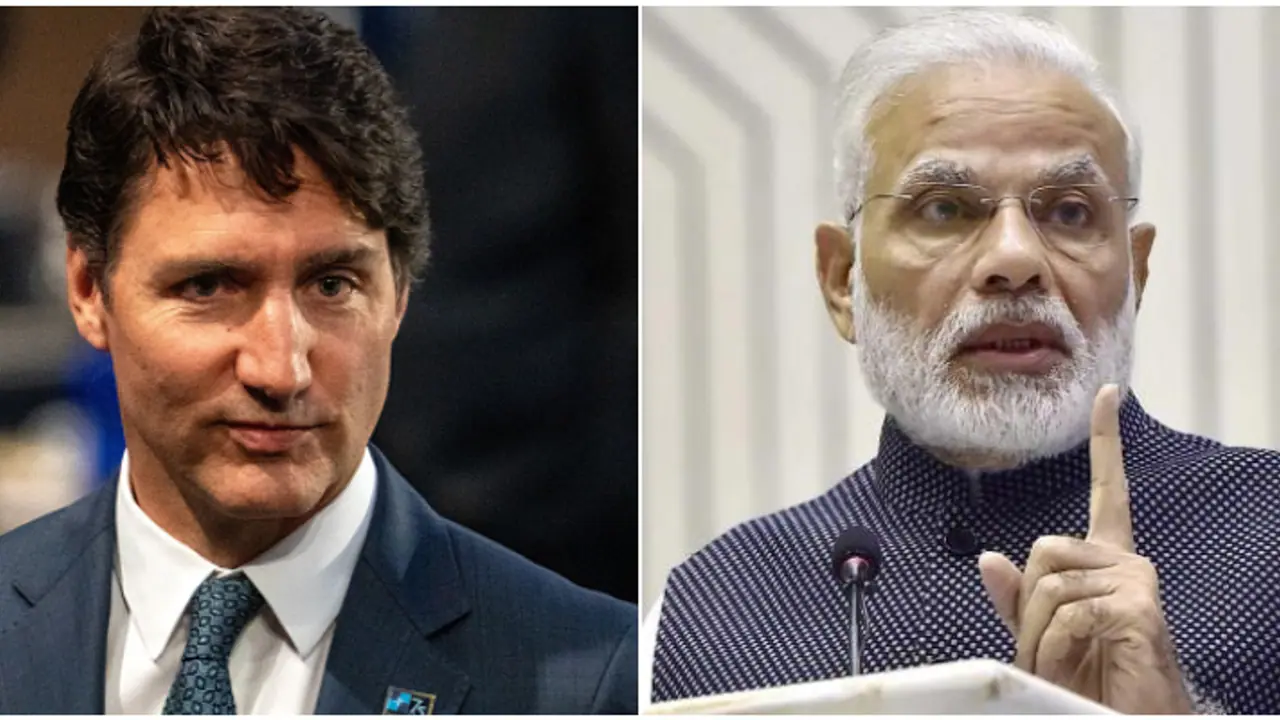While the relationship deteriorated significantly following the death of Hardeep Singh Nijjar in 2023, tensions between India and Canada can be traced back to as early as 2018.
Canada announced on Monday that it had expelled six Indian diplomats over a "targeted campaign against Canadian citizens by agents linked to the Government of India." This move coincided with India's decision to expel six members of the Canadian High Commission in Delhi.

In the press release, Global Affairs Canada announced that six Indian diplomats and consular officials "had received a notice of expulsion from Canada in relation to a targeted campaign against Canadian citizens by agents linked to the Government of India".
"Regrettably, as India did not agree and given the ongoing public safety concerns for Canadians, Canada served notices of expulsion to these individuals. Subsequent to those notices, India announced it would withdraw its officials," it said.
"Canada and India have over 75 years of diplomatic relations. Our countries share important historic, business and people-to-people ties. Canada took this decision as its main interest remains the safety and security of all Canadians, defending our sovereignty and upholding the rule of law. Canada will continue to work diligently to do everything it can to keep Canadians safe now, and into the future. Dialogue with India continues through our High Commission in Delhi," the statement added.
Canada's national police force, the Royal Canadian Mounted Police (RCMP), has also leveled serious allegations against the Indian government. RCMP Commissioner Mike Duheme stated that investigations uncovered involvement from Indian diplomats and consular officials in Canada in covert activities, including gathering information for the Indian government, either directly or through agents who acted voluntarily or under duress.
In a press conference, Duheme also warned of widespread violence, homicides and a public security threat linked to "agents" of the Indian government.
On Monday, India’s Ministry of External Affairs strongly rejected these allegations, labeling them as "preposterous" and suggesting that they stem from Prime Minister Trudeau’s political strategy, motivated by "vote bank politics."
Canada hosts the largest Sikh population outside of India, with around 770,000 Sikhs making up approximately 2.1 percent of the country's total population, according to federal statistics.
While the relationship deteriorated significantly following the death of Hardeep Singh Nijjar in 2023, tensions between the two nations can be traced back to as early as 2018.
Here's a timeline of events that soured India-Canada relations:
February 2018: Controversy Surrounding Trudeau's India Visit
On February 10, 2018, ahead of Prime Minister Trudeau's trip to India, his office added 423 names to the official guest list, directing the High Commission to invite them to various events. Among those included was Jaspal Atwal, who had been convicted for an assassination attempt on a visiting Punjab minister in 1986 due to his ties to the Khalistan movement. This information was highlighted in a report by the National Security and Intelligence Committee of Parliamentarians (NSICOP) presented in Canada's Parliament.
February 20, 2018: Atwal’s Presence Triggers Diplomatic Tensions
Atwal’s attendance at a reception in Mumbai on February 20, where he was photographed with Sophie Grégoire Trudeau, sparked a significant diplomatic row. His invitation to a subsequent event in New Delhi was rescinded after the High Commission intervened. Tensions escalated further when Canada’s then-National Security Advisor, Daniel Jean, suggested that "rogue elements" within the Indian government may have attempted to sabotage Trudeau's visit.
June 2023: The Shooting of Hardeep Nijjar
On June 18, 2023, Hardeep Singh Nijjar, a 45-year-old Canadian citizen, was shot and killed outside a Sikh temple in Surrey, a Vancouver suburb with a large Sikh community. Nijjar was actively advocating for the establishment of an independent Sikh homeland in India.
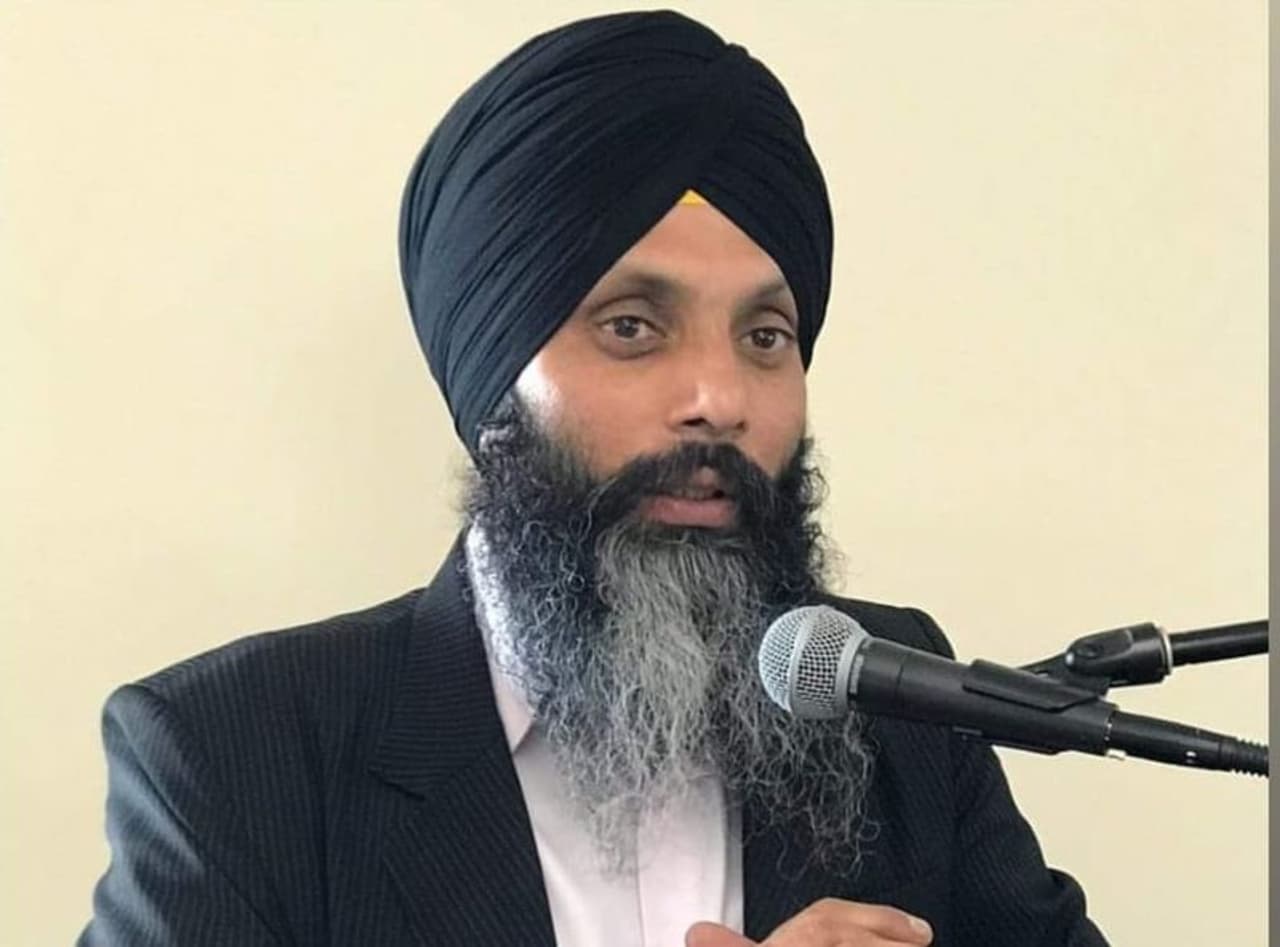
September 2023: Trade Talks Suspended and G20 Tensions Rise
On September 1, 2023, a Canadian trade official announced that negotiations on a proposed trade agreement with India had been put on hold. This suspension occurred three months after both countries had aimed to finalize an initial agreement by the end of the year. During the G20 summit in New Delhi on September 10, Prime Minister Modi raised concerns with Prime Minister Trudeau regarding Sikh separatist protests occurring in Canada.
September 2023: Diplomatic Expulsions and Visa Suspensions
On September 18, Prime Minister Trudeau informed the Canadian Parliament about "credible allegations" linking Indian government agents to the assassination of Hardeep Nijjar. India rejected these claims as "absurd" on September 19, leading both countries to expel a diplomat in retaliation. Canada expelled India's top intelligence officer, while India responded by expelling their Canadian counterpart.
On September 22, India suspended the issuance of new visas to Canadians and demanded that Ottawa reduce its diplomatic staff in India. Visa processing resumed after a two-month hiatus.
September 28, 2023: Drug Allegations Against Trudeau at G20
On September 28, Deepak Vohra, a former Indian ambassador, made sensational allegations in an interview, claiming that Prime Minister Trudeau's plane was "full of cocaine" during his visit to India for the G20 summit. Vohra alleged that Trudeau stayed in his room for two days. However, the Canadian Prime Minister's Office dismissed these accusations as "absolutely false," describing them as a troubling instance of misinformation infiltrating media coverage.
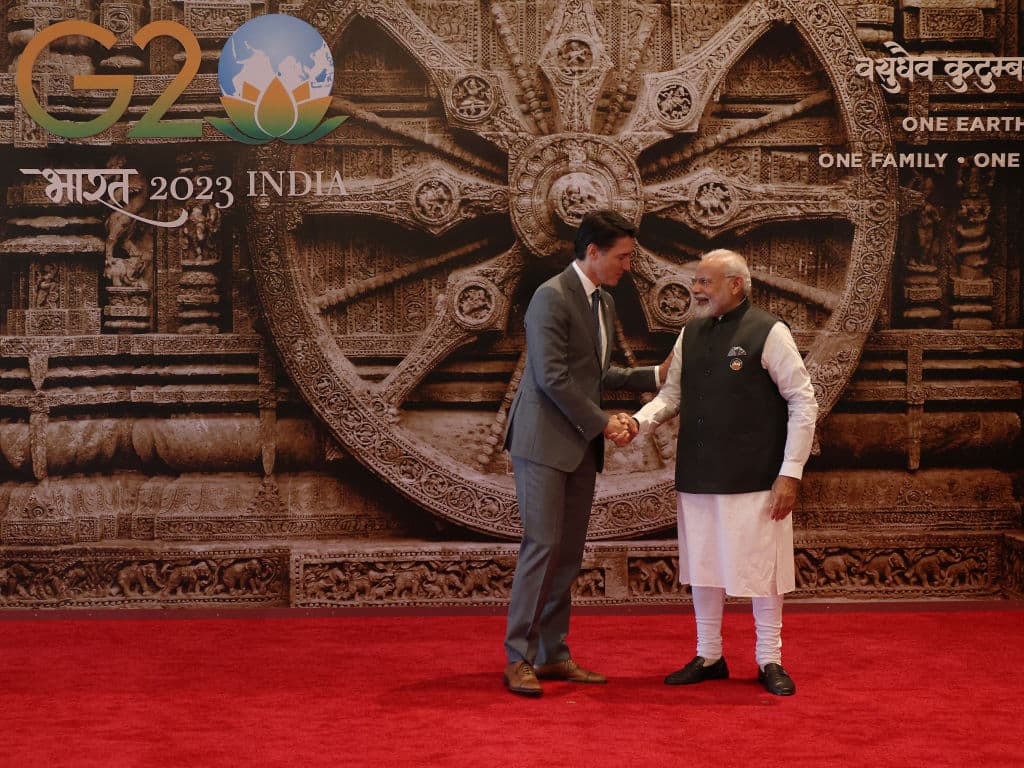
October 2023: Unofficial Sikh Referendum
On October 19, Canada withdrew 41 diplomats from India amid a dispute over Nijjar's murder. On October 29, 2023, tens of thousands of Sikhs gathered at the gurdwara in Surrey, British Columbia, where Hardeep Nijjar was murdered, to participate in an unofficial referendum on establishing an independent Sikh state. India has consistently warned that Canada’s support for Khalistani elements jeopardizes bilateral relations and threatens Indian sovereignty. The Indian government cautioned that either active or passive support for these separatists could lead to law-and-order issues in Canada, as they are frequently linked to illegal activities such as drug trafficking, gun smuggling, and human trafficking.
November 2023: Indian Authorities Target Sikh Separatist Leader
On November 21, 2023, India’s anti-terror agency filed charges against Gurpatwant Singh Pannun, a Sikh separatist leader. Pannun had reportedly issued threats to Air India passengers, suggesting that their lives were at risk through video messages disseminated online.
November 2023: US Foils Assassination Plot Against Pannun
On November 22, a senior US official announced that American authorities had successfully thwarted a plot to assassinate Gurpatwant Singh Pannun within the United States. The US also issued a warning to India, suspecting New Delhi’s involvement in the plot.
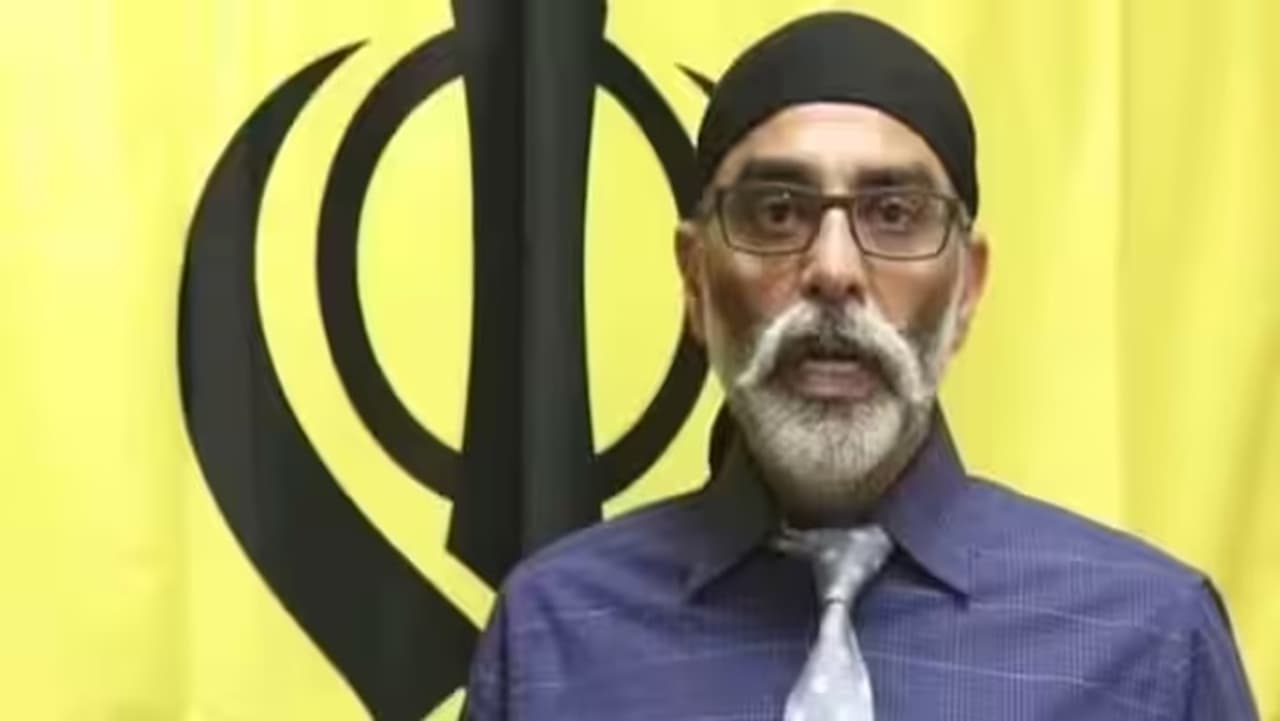
February 2024: India Declines Cooperation in Nijjar Murder Investigation
In February 2024, India’s High Commissioner to Canada declared that India would not share information regarding Hardeep Nijjar’s murder with Canadian investigators unless they provided evidence in return.
April 30, 2024: White House Addresses New Allegations
In late April 2024, the White House took serious note of allegations reported by the Washington Post, which claimed that an officer from India's intelligence agency was directly involved in Nijjar's murder and a failed assassination attempt on Pannun. India’s foreign ministry dismissed these claims as "unwarranted and unsubstantiated."
May 2024: Canadian Police Charge Suspects in Nijjar's Murder
On May 3, Canadian police charged three individuals in connection with the murder of Hardeep Singh Nijjar. These suspects, who are non-permanent residents of Canada, are alleged to have taken on various roles, including shooters, drivers, and spotters. Canadian authorities are investigating their potential links to the Indian government.
June 18, 2024: Canadian Parliament Honors Nijjar
On June 18, 2024, Canada's House of Commons held a moment of silence in memory of Hardeep Singh Nijjar, marking the one-year anniversary of his death and further straining relations with Indian officials.
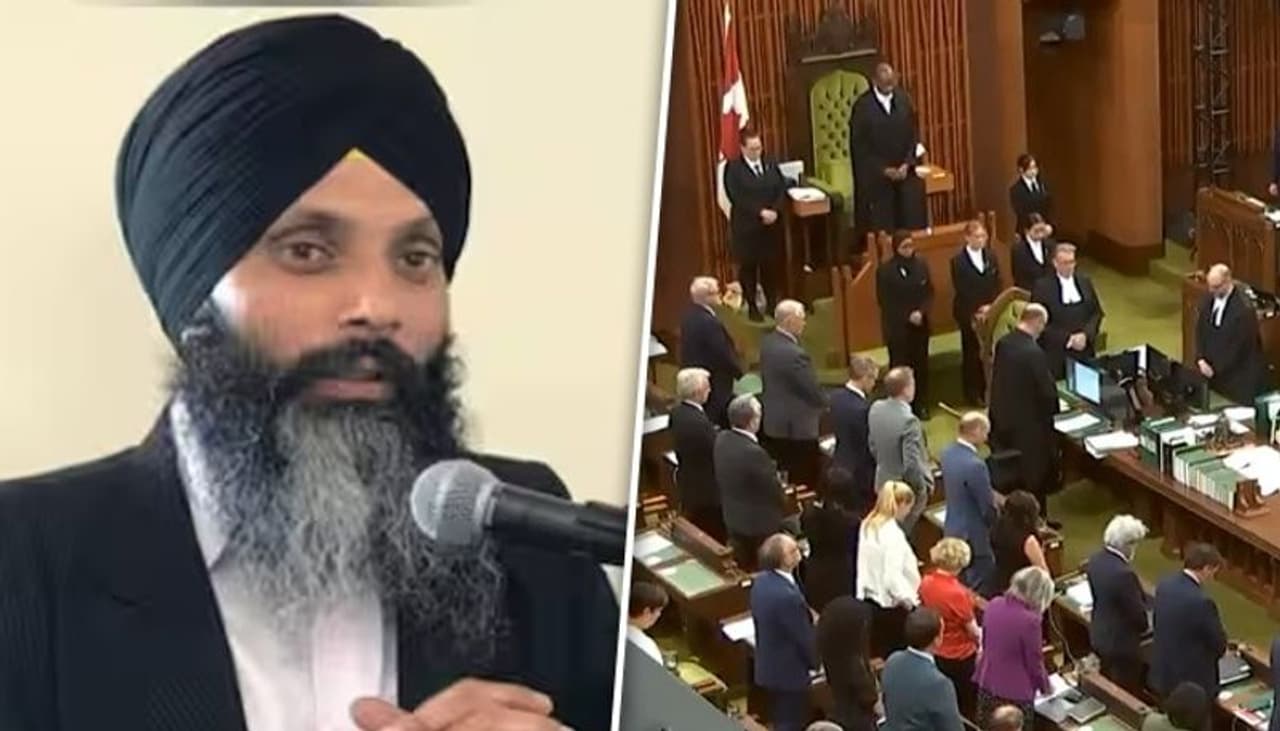
August 27, 2024: Pannun Receives Life Threat Warning
In August 2024, Canadian authorities issued a warning to Gurpatwant Singh Pannun regarding heightened threats against his life. Pannun, who holds dual citizenship in Canada and the United States, serves as the legal counsel and spokesperson for Sikhs for Justice (SFJ), a US-based organization advocating for a Sikh separatist state, which has been banned in India since 2019.
October 2024: Canada's allegation linking Indian envoy to probe into Nijjar killing
On October 13, the already strained relations between India and Canada deteriorated further after the Justin Trudeau government sought to connect the Indian high commissioner to the investigation into the killing of Sikh extremist Hardeep Singh Nijjar. In response, New Delhi issued a warning regarding potential actions against the "concocted" allegations targeting its diplomat.
On October 14, India, strongly rejecting the allegations against High Commissioner Sanjay Kumar Verma, described the charges as "preposterous imputations" and ascribes them to the "political agenda of the Trudeau government that is centred around vote bank politics". The MEA said India received a "diplomatic communication from Canada yesterday suggesting that the Indian High Commissioner and other diplomats are 'persons of interest' in a matter related to an investigation in that country". In its statement, the MEA also referred to what it described as Trudeau's "naked interference" in India's internal politics in December 2020, alluding to the Canadian leader's remarks during the farmers' protests.
On the same day, India announced the withdrawal of its high commissioner and other "targeted diplomats and officials" from Canada, strongly rejecting Ottawa's allegations that linked its envoy to an investigation into the killing of Sikh extremist Hardeep Singh Nijjar. India's decision followed a summons to Canadian Charge d'Affaires Stewart Wheelers at the MEA, where he was firmly informed that the unfounded "targeting" of Indian High Commissioner Sanjay Verma, along with other diplomats and officials, was deemed "completely unacceptable."
India also expelled six Canadian diplomats and asked them to leave India by or before 11:59 pm on October 19. The diplomats who have been expelled are Stewart Ross Wheeler, Acting High Commissioner, Patrick Hebert, Deputy High Commissioner, Marie Catherine Joly, First Secretary and lan Ross David Trites, First Secretary. The other two diplomats are Adam James Chuipka, First Secretary, and Paula Orjuela, First Secretary.
Canada too announced the expulsion of six Indian diplomats, bringing the relationship between the two countries to a new low.
